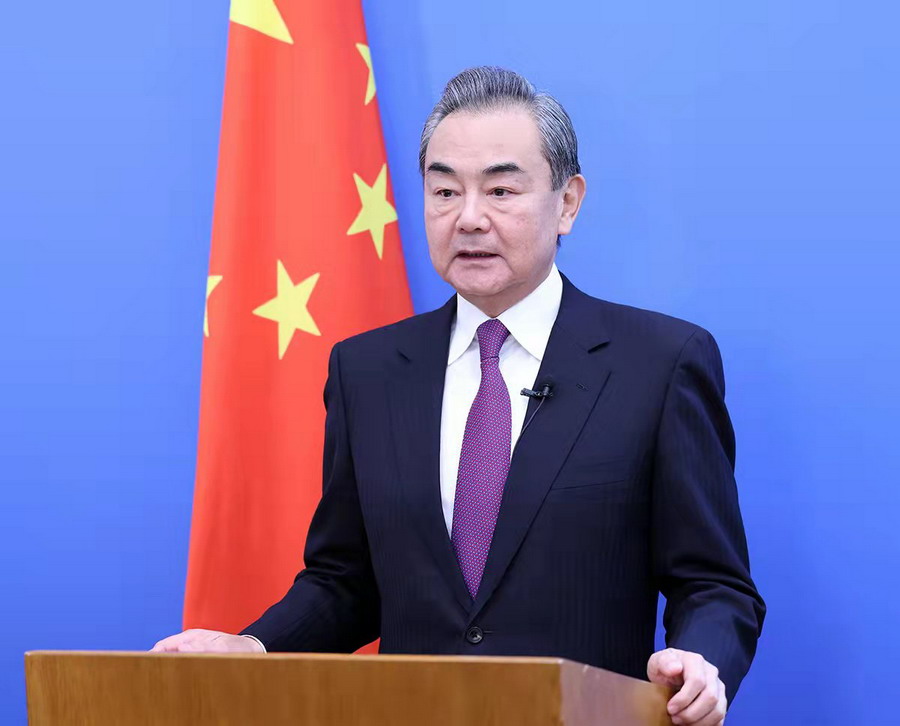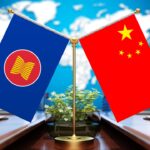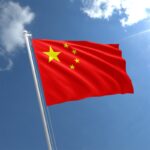Chinese State Councilor and Foreign Minister Wang Yi. Photo: Chinese Foreign Ministry
China has no intention of seeking conflict nor confrontation with any country, and whether China and the US handle their relationship well will define the future of the world, Chinese State Councilor and Foreign Minister Wang Yi said at a summit on Saturday, urging some politicians to stop playing the “Taiwan card.”
China and the US, as the largest developing country and largest developed country, must handle their bilateral relationship well, which will affect the future of the world, Wang said, noting that the cooperation and win-win ties are the correct approach.
China and the US have their interests deeply integrated, a zero-sum mentality with a stance of protectionism or isolation will only hurt both sides, Wang said, urging the two countries to work together for a stable development.
“Only solidarity brings hope, the divergence leads us to nowhere,” he said, noting that China has no intention of having conflict or confrontation with other countries, and that it practices true multilateralism and safeguards the UN-based international system.
The comments were made after Chinese President Xi Jinping laid out three principles and four priorities for growing China-US ties in the new era during a virtual meeting with US President Joe Biden on Tuesday morning (Beijing time), during which the Chinese top leader drew red lines over fundamental issues like the Taiwan question.
Xi also warned that the intention of some Americans to use Taiwan to contain China is “just like playing with fire” and that “whoever plays with fire will get burnt.”
“We’ll seek reunification in a peaceful way by making maximum efforts, but China won’t tolerate any secessionist behavior of separating the country, won’t accept any attempt of creating ‘two Chinas’ or ‘one China, one Taiwan’ on the global stage,” Wang said on Saturday, emphasizing that China’s stance of opposing “Taiwan independence” has been crystal clear and it takes much resolute measures in stopping secessionist attempts.
Just one day before Wang reiterated China’s stance on China-US relationship, Chinese Ambassador to the US Qin Gang also further elaborated on the bilateral relationship, which is seen as the most consequential international relationship today, at a recent dialogue with the Brookings Institutions. Qin’s speech at the dialogue was entitled “Two Different Countries, One International System.”
The US says that its China policy is for defending the “rules-based international order” and ensuring the implementation of “rules of the road,” but what are those rules? Who made them? Qin asked at a virtual meeting with board members of the institution.
“The US has not made itself clear on these questions,” he said, noting that there is only one international system in the world, namely, the international system with the UN at its core.
Also, there is only one set of rules, namely, the basic norms governing international relations based on the purposes and principles of the UN Charter, Qin Gang noted.
“International affairs should be addressed through consultation, and genuine multilateralism must be practiced,” he said.
The virtual dialogue came after US National Security Advisor Jake Sullivan gave a briefing at Brookings on Tuesday about the virtual meeting between Xi and Biden. The briefing was followed by a discussion with Brookings experts who focused on analysis concerning the US-China relationship, according to a readout on the institutions’ website.
Qin pointed out that the China-US relationship has been going through unprecedented difficulties these years, and some people believe that China and the US are two different “operating systems” incompatible with each other.
“The world should not be divided by another ‘Berlin Wall.’ Countries should practice the common values of mankind, namely, peace, development, fairness, justice, democracy and freedom, not just taking pride in their own values,” the Chinese ambassador said.
Also, Qin emphasized that the one-China principle is not only the political foundation of China-US relations, but also a universal norm of international relations and an international consensus.
Global Times




